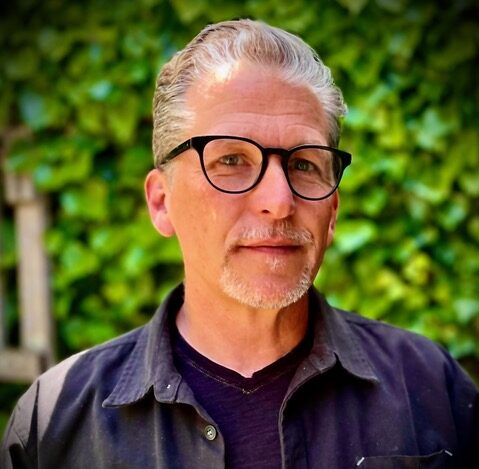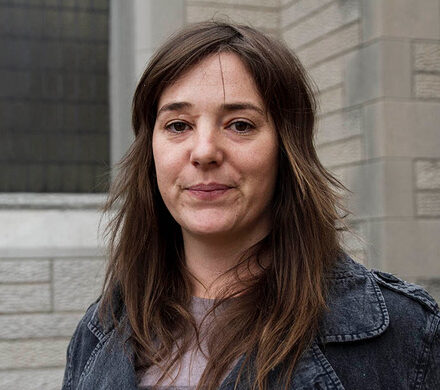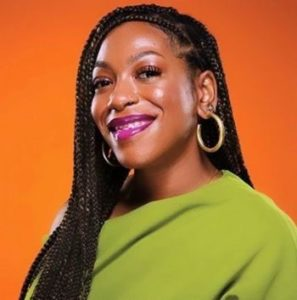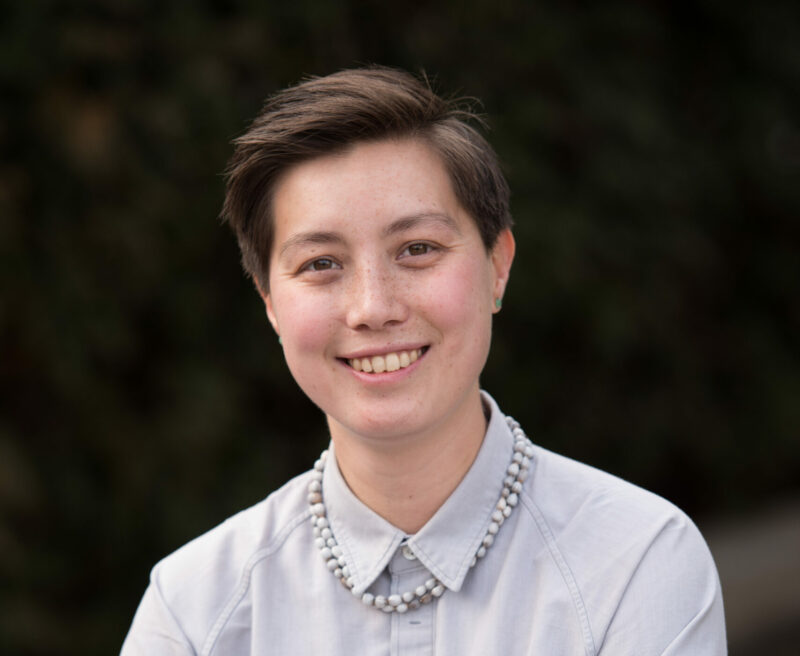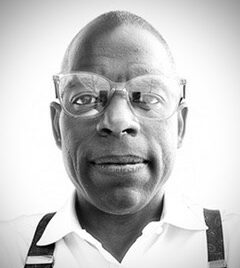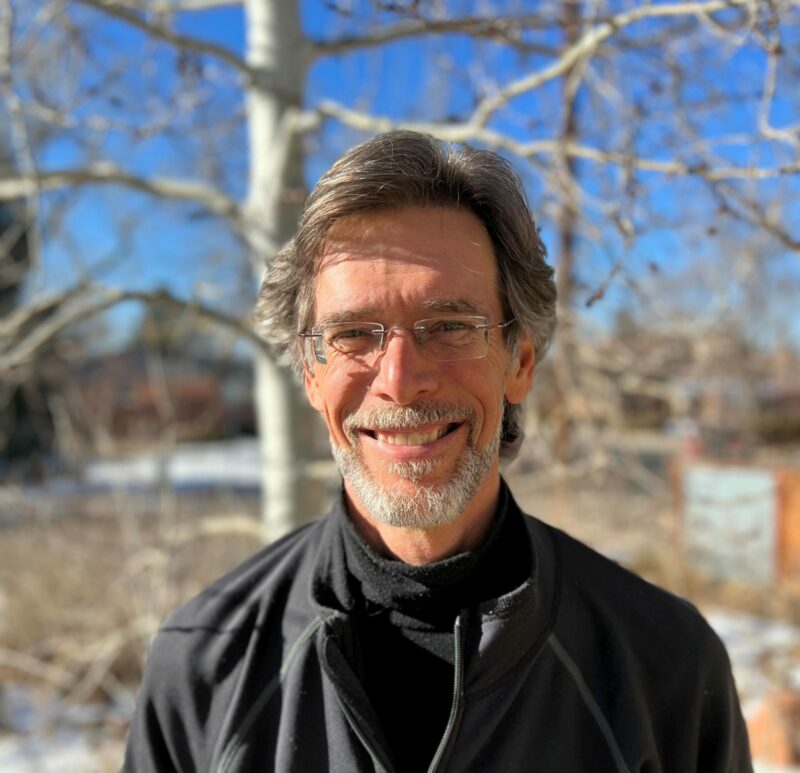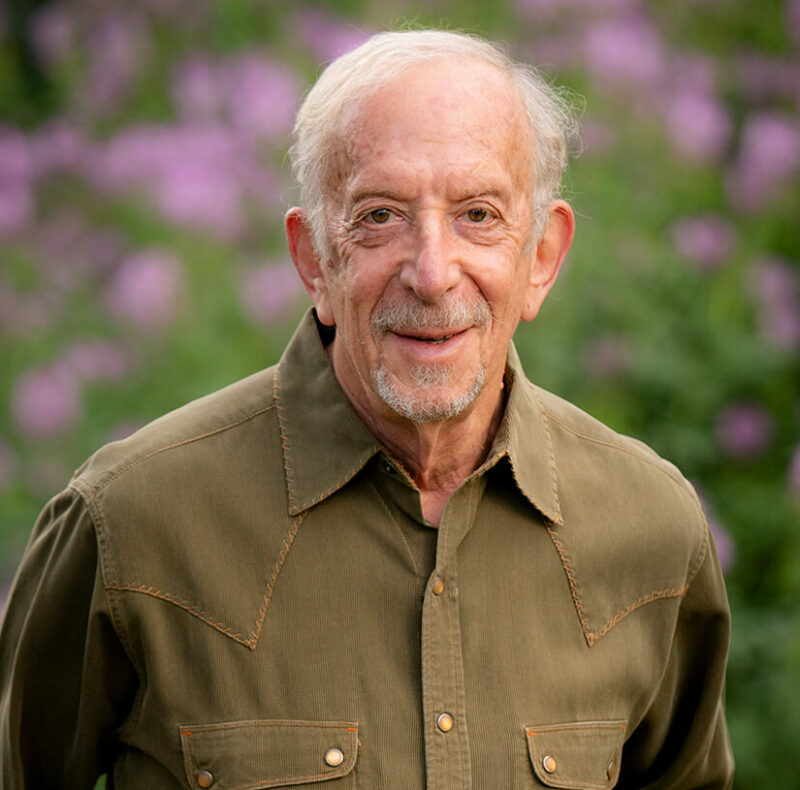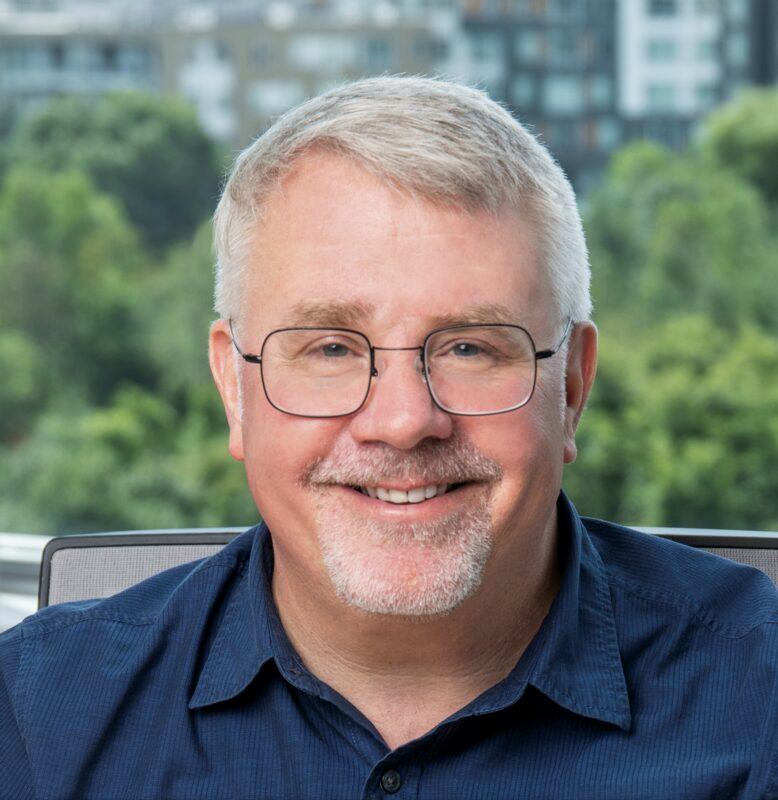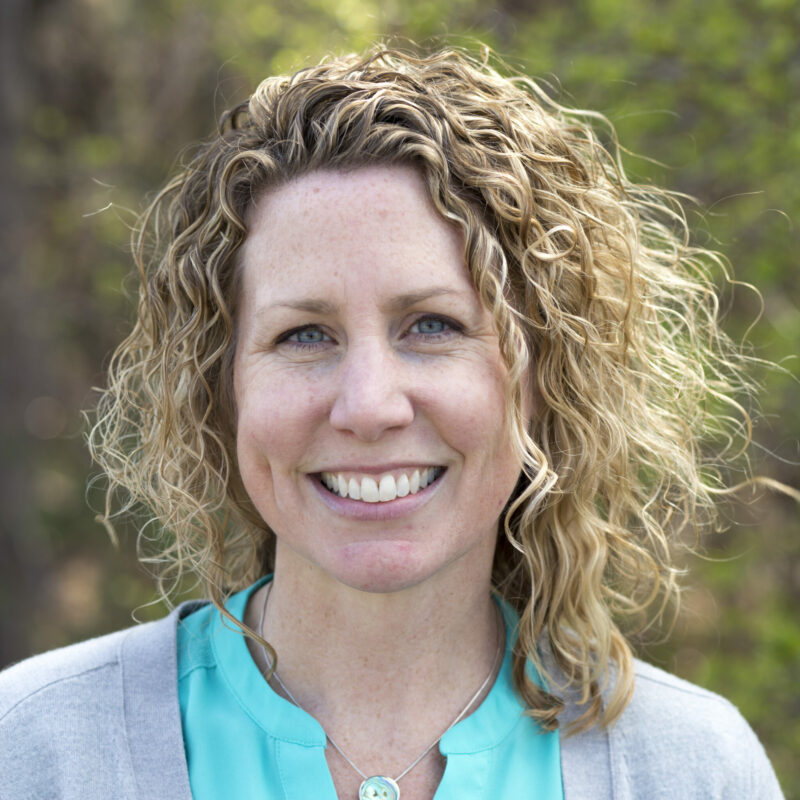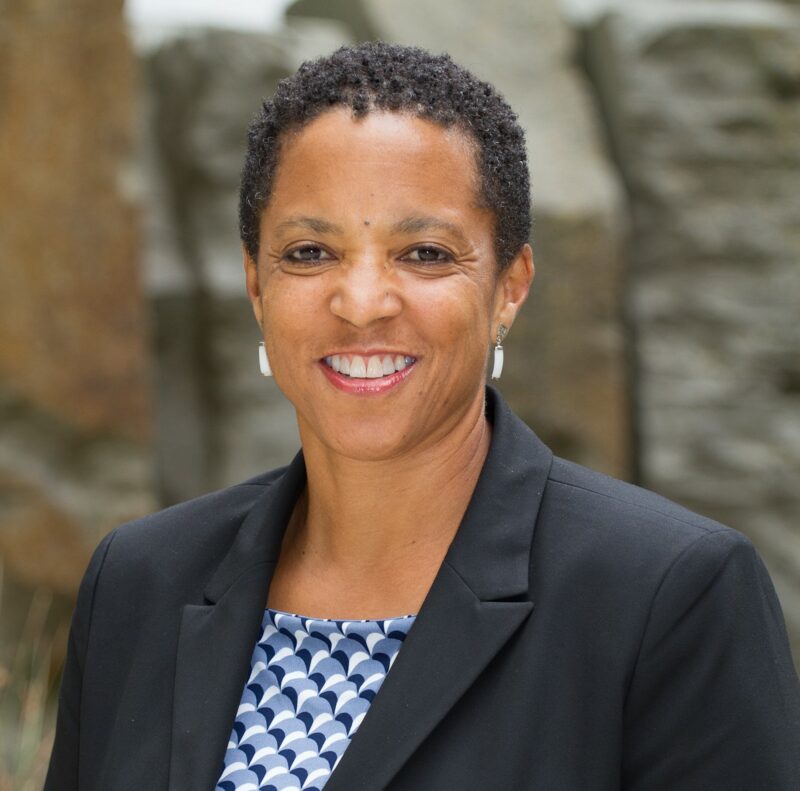Theme: Ecological Design
Thursday, April 6th
3:00 pm: Plastic Pollution: Truths and Myths from Wellhead to Waste Incineration
Presented in collaboration with the Ecology Center
Plastic pollution is a humanitarian crisis that starts with oil and gas extraction and burdens communities at every point in its lifecycle. Come learn about its links to fracking, pipelines and petrochemical processes, the burgeoning consumer packaging industry, and why the oil industry is pushing this growth. We’ll share the truths and myths around plastic recycling, as well as exciting successes battling waste incineration. The focus will be on how attendees can engage in real solutions based on equity and accessibility. With: Yvette Arellano,Fenceline Watch; KT Morelli, Breathe Free Detroit; Martin Bourque, Ecology Center. Moderated by Shilpi Chhotray, People over Plastic.
April 6th | 3:00 pm to 4:15 pm | Magnes Museum
Panelists
The rapid increase of extreme heat events in cities is one of the stark indicators of global warming, and the effects of these events vividly expose the grotesque injustice caused by dramatic differences in neighborhood environments. In most major cities, historically “redlined” low-income communities and communities of color typically have less than half the amount of urban forest cover that wealthier communities possess. Lack of urban canopy contributes to an array of inequities including radically disparate outcomes in public health, economic opportunity, education and life expectancy. Today a coalition of NGOs, cities, scientists and community-centered initiatives has converged to create a moment of historic change, leading to massive public investment in urban forestry at 10X the scale ever before seen. Designed as equity-centered community development focusing on jobs and local enterprise creation, this new vision of urban forests will build climatic AND community resilience. Hear from four leaders in this dynamic emergent field: Julia Hillengas, co-founder and Executive Director of Philadelphia’s PowerCorpsPHL; Samira Malone, 27, first-ever Director of the Cleveland Tree Coalition; Amos White, founder and Chief Planting Officer of 100K Trees for Humanity; and moderator Brett KenCairn, Boulder, CO’s Senior Climate and Sustainability Coordinator.
April 6th | 4:45 pm to 6:00 pm | Campanile Room, Hotel Shattuck Plaza
Panelists
Friday, April 7th
11:17 am: John Warner – The Materials Metabolism – Rethinking our Molecular Relationship with Nature
Introduction by Kenny Ausubel, Bioneers CEO and Founder
For materials from nature to become human-designed products, they have to undergo multiple transformations in processes of assembly and disassembly. Atoms combine to make molecules; molecules combine to make materials; and we humans assemble and disassemble nature’s products to form molecules and materials that we then recombine to create our artifacts and products, but, unfortunately, most of what we produce is fundamentally unsustainable and dangerously incompatible with living systems. However, one of the founding progenitors of the entire field of “green chemistry,” John Warner, will explain that by using the principles and practices of the discipline he helped birth, we can embrace and emulate nature’s “materials metabolism” to create the products we need without endangering the web of life. By reimagining how we design and build, we can create a new materials economy that is truly in harmony with nature.
April 7th | 11:17 am to 11:38 am | Zellerbach Hall
Introduced by
Keynote
“No problem can be solved from the same level of consciousness that created it.” –Albert Einstein
This panel will explore the evolving field of Green Chemistry and explore ways in which chemistry education can become more adaptive so that new ideas can raise the level of consciousness in the entire field. Systemic change in chemistry education is essential if we are going to be able to better prepare scientists with the tools and understanding they will need to genuinely address sustainability at a molecular level, so that we can lay a solid foundation for a far healthier, much less toxic industry and economy. With the co-founder of the entire field of Green Chemistry, John Warner, Ph.D.; Amy Cannon, Ph.D., Executive Director, Beyond Benign; Meredith Williams, Director of the California Department of Toxic Substances Control (DTSC).
April 7th | 3:00 pm to 4:15 pm | Berkeley Ballroom, Residence Inn
Panelists
Design thinking offers a systematic process for creativity. It is popular in product design, education, wellness, and many other fields. In this workshop, we will learn how to perceive challenges differently as a step toward solving them. We’ll explore how to reframe problems, brainstorm ideas, and arrive at unexpected solutions. We’ll get a taste of what can be achieved in a time-efficient manner in a playful setting; and the tools we acquire in this session can be applied to our work on behalf of issues we care most passionately about. Facilitated by: Marilyn Cornelius, Ph.D., Alchemus Prime.
April 7th | 4:45 pm to 6:00 pm | San Pablo Room, Residence Inn
Panelists
Keep Your Finger on the Pulse
Our bi-weekly newsletter provides insights into the people, projects, and organizations creating lasting change in the world.

